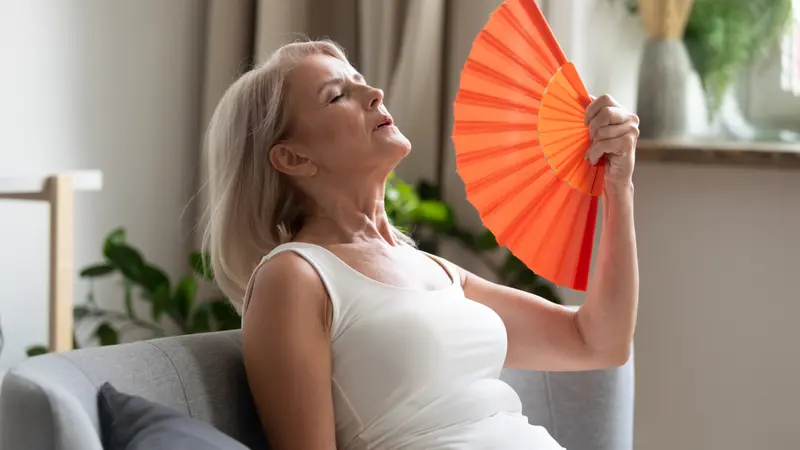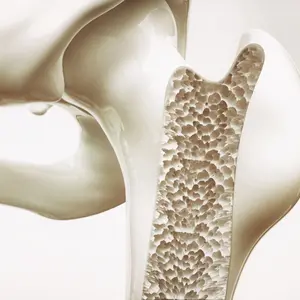

Complementary and Alternative Medicine (CAM)

Complementary and Alternative Medicine (CAM)
Assessing Complementary Treatments for Menopause
Complementary health approaches are frequently used to manage the symptoms of menopause. The National Center for Complementary and Integrative Health, a division of the National Institutes for Health, has compiled the latest research findings on the most popular natural remedies used by menopausal women.
Recent large-scale analyses of soy isoflavones found that supplementing with this soy protein is associated with a modest reduction in frequency of hot flashes and vaginal dryness, but no significant effect on night sweats or sexual function. Soy extracts are generally believed to be safe when taken for short periods, but long-term has been associated with a thickening of the uterus lining.
The use of black cohosh extract may reduce some symptoms, though there is a lack of consistent evidence. A 2017 meta-analysis of 47 randomized controlled trials involving more than 8,000 women found the herb was more effective than a placebo in reducing vasomotor symptoms—about as effective as hormone treatments. Studies have found black cohosh may be safely taken for up to 12 months but may cause side effects ranging from mild, such as headache and stomach upset, to very serious, such as liver damage.
Studies on red clover supplementation have yielded inconsistent results. Recent research suggests red clover is more effective than a placebo in reducing the frequency of hot flashes when taken in moderate doses. Although red clover contains phytoestrogens that may affect hormone-sensitive tissue, studies have shown extracts have been taken for up to three years with no safety issues.
Flaxseed is another commonly used natural treatment for menopause, but several recent studies have found little difference between flaxseed and a placebo. Flaxseed is generally safe in moderate amounts, but can cause constipation or diarrhea due to its high fiber content.
Yoga, like other forms of exercise, has been shown to reduce menopause symptoms. A 2018 meta-analysis of more than 1,300 participants found yoga improved psychological, somatic, vasomotor, and urogenital symptoms when compared to no treatment. An earlier review of yoga, Tai Chi, and meditation-based programs found these may reduce the frequency and intensity of common symptoms such as hot flashes and mood disturbances.
The North American Menopause Society released a 2015 paper in which they recommended hypnosis as an effective way to manage hot flashes. Although experts do not fully understand how hypnosis works on menopause symptoms, several studies have shown it significantly reduced hot flashes and may also improve sleep and mood.
A 2016 randomized controlled trial of 209 women between the ages of 45 and 60 who received acupuncture treatments found a statistically significant clinical improvement in menopause symptoms and several quality-of-life measures. These benefits persisted for at least six months beyond the end of treatment. A 2017 systematic review found acupuncture significantly alleviated menopause symptoms, but other research findings have been inconsistent.
REFERENCES
National Center for Complementary and Integrative Health. (2021, February). Menopausal symptoms and complementary health approaches: What the science says. US Department of Health and Human Services, National Institutes of Health. https://www.nccih.nih.gov/health/providers/digest/menopausal-symptoms-and-complementary-health-appr…


 By
By







